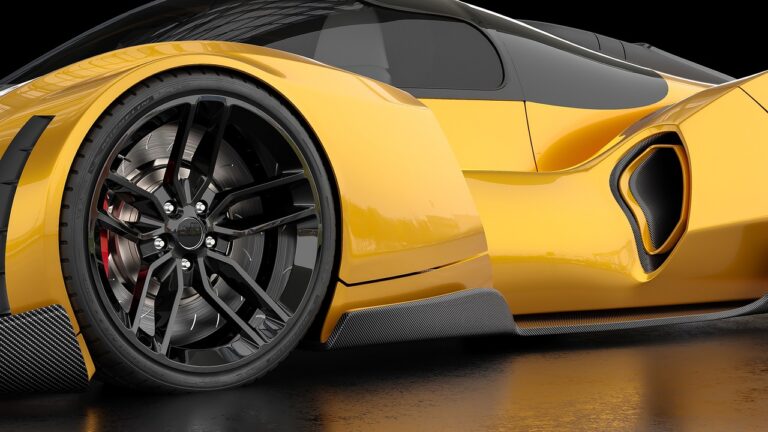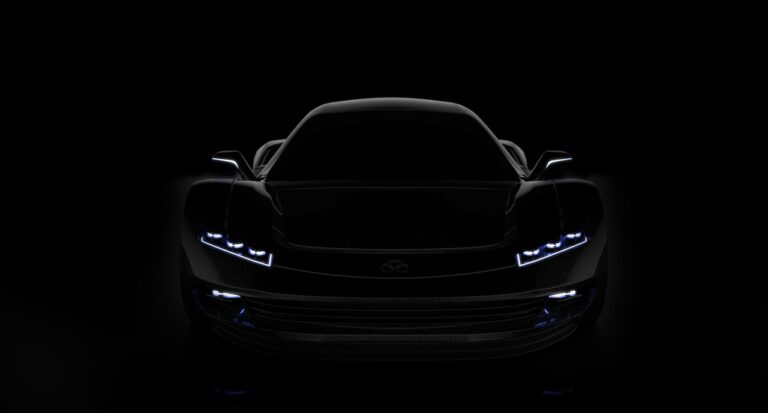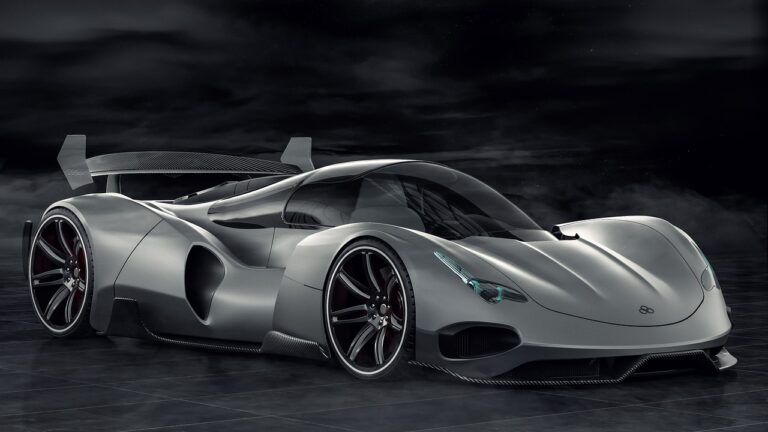The Impact of Electric Vehicles on Brake System Design and Manufacturing
allpanel login, mahadev online book, cricket online id:Electric vehicles (EVs) have been gaining popularity in recent years as a more environmentally friendly alternative to traditional gasoline-powered vehicles. With the rise of EVs, there has been a significant impact on various aspects of automotive design and manufacturing, including the brake system.
The traditional brake systems in gasoline-powered vehicles rely on friction to slow down and stop the vehicle. When the driver presses the brake pedal, the brake pads are pressed against the rotors, creating friction that slows down the vehicle. However, in electric vehicles, the regenerative braking system plays a significant role in slowing down the vehicle and recharging the battery.
Regenerative braking works by converting the vehicle’s kinetic energy into electrical energy when the driver releases the accelerator pedal or presses the brake pedal. This energy is then stored in the battery and can be used to power the vehicle later on. As a result, electric vehicles use their brakes less frequently than traditional vehicles, leading to less wear and tear on the brake system.
The impact of electric vehicles on brake system design and manufacturing is significant. With the reduced reliance on friction-based braking, the heat generated during braking is significantly lower in EVs compared to gasoline-powered vehicles. This means that the materials used in EV brake systems need to be able to withstand less heat, leading to potential cost savings in manufacturing.
Another factor to consider in the design of brake systems for electric vehicles is the weight distribution of the vehicle. Electric vehicles tend to have a lower center of gravity due to the placement of the battery pack, which can impact the performance of the brake system. Engineers need to take into account the weight distribution of the vehicle when designing the brake system to ensure optimal performance and safety.
Furthermore, the integration of advanced technologies in electric vehicles, such as regenerative braking systems and electronic stability control, requires a more sophisticated approach to brake system design and manufacturing. Engineers need to ensure that the brake system can seamlessly interact with these technologies to provide a smooth and efficient driving experience.
In conclusion, the rise of electric vehicles has had a significant impact on brake system design and manufacturing. From the reduced reliance on friction-based braking to the integration of advanced technologies, engineers are faced with new challenges and opportunities in designing brake systems for electric vehicles. As the automotive industry continues to evolve, we can expect to see further innovations in brake system design to meet the unique requirements of electric vehicles.
FAQs
Q: Are electric vehicles safer than gasoline-powered vehicles?
A: Electric vehicles are generally considered to be safer than gasoline-powered vehicles due to their lower center of gravity and advanced safety features. However, safety ultimately depends on various factors such as driver behavior and road conditions.
Q: Do electric vehicles require less maintenance for their brake systems?
A: Yes, electric vehicles tend to require less maintenance for their brake systems compared to gasoline-powered vehicles. With the reduced reliance on friction-based braking, the wear and tear on the brake system is significantly lower in electric vehicles.
Q: Will electric vehicles completely replace gasoline-powered vehicles in the future?
A: While electric vehicles are gaining popularity, it is unlikely that they will completely replace gasoline-powered vehicles in the near future. However, as technology continues to advance and environmental concerns become more pressing, we can expect to see a shift towards electric vehicles in the automotive industry.







